Insurance Jargon Buster
3 July 2025
Insurance can be confusing as it involves a lot of established law. The consequences of getting it wrong can be catastrophic. We can help you understand some common insurance jargon with this short insurance jargon buster guide. Below you will find clarity on some key words and phrases that you’ll find in your insurance policy wording.
Accidental Damage

As standard, property insurance covers sudden and unforeseen events such as fire, flood, theft, etc. To widen the cover, you will often be given the option to pay a higher premium for accidental damage cover. Some premium policies will include this as standard. This allows claims for any other accidental cause to be considered such as:
- an item being dropped
- a bath overflowing causing water damage
Excess
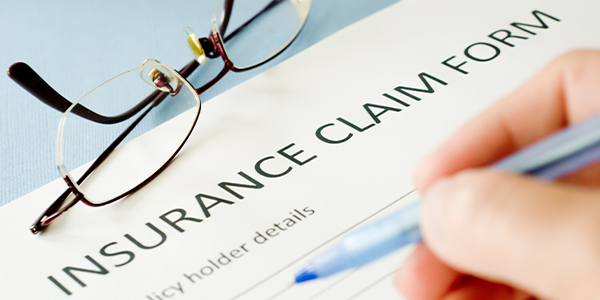
The first amount of any claim for which you are responsible before the policy will respond to a claim. For example, a claim for £1,000.00 with an excess of £500.00 would result in a settlement to you of £500.00.
Endorsements, warranties and conditions precedent

These are terms which you must follow closely to either do (or not do) something in order to reduce the risk for the insurers. Failure to follow these instructions could lead to a claim payment being reduced or refused.
Financial Conduct Authority (FCA)

This is the organisation which regulates financial services in the UK. As with all bona-fide insurance brokers, Anthony Wakefield & Company is authorised and regulated by the FCA. You can check this by searching for our reference number (307545) on the financial services register.
FLEA Cover
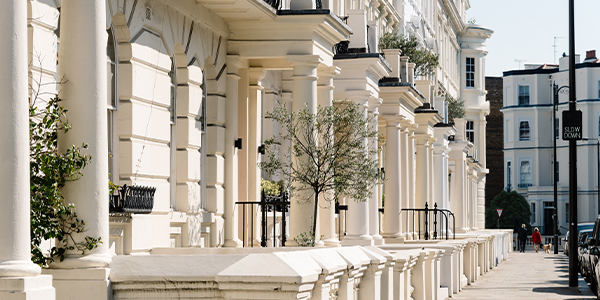
If a property is unoccupied, insurers will normally restrict cover to claims for Fire, Lightning, Earthquake, Explosion and Aircraft. There is no standard template for what is and isn’t covered so please ask us if you are not sure. This is the most basic level of cover for property insurance and should not be used as a long-term solution. It does not offer protection against many common risks such as escape of water, malicious damage, subsidence, heave and landslip or theft.
Insurance Premium Tax (IPT)

This is a tax levied by Her Majesty’s government for insurance placed in the United Kingdom. It is currently set at 12% for most classes with a notable exception being travel insurance which is at 20%. Unlike VAT, it cannot be reclaimed.
Listed buildings
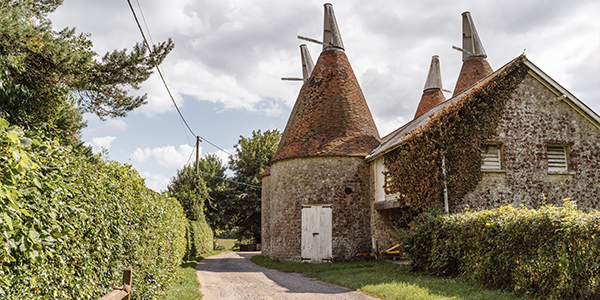
These are buildings which have been designated as having particular historic importance and, as such, are protected against modifications or demolition in order to preserve them. Listed buildings often cost insurers more to put right in the event of damage as authentic materials and techniques must be used in their restoration.
Premium

This is the amount which you pay for your insurance. This is normally charged annually as policies run for 12 months but some insurers may offer the ability to pay by instalments to spread the cost.
Proposer / Insured / Policyholder

The proposer is what you (our client) are referred to as when you have not yet purchased a policy. When you purchase cover, you become the “insured” or the “policyholder”. This could be an individual, a partnership, a family, an association or an incorporated entity such as a charity or limited company.
Public Liability Cover

If you negligently cause damage or injury to a third party or their property, you may become legally liable for any expenses they suffer. This is where a civil court could award a payment from you to them to put things right.
Household policies will normally include this cover as standard and the cover you are offered depends on whether you insure the buildings, the contents or both. Sometimes, cover will be extended to your personal legal liability anywhere in the world.
Risk
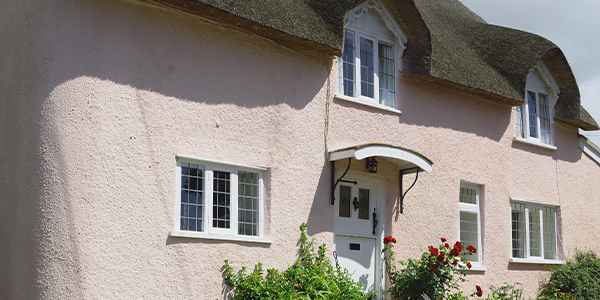
This can refer to the likelihood of a claim occurring. For example, a property with a thatched roof represents a higher risk of fire due to the nature of the construction.
It can also refer to the thing being insured. For example, your home may be referred to as “the risk premises” or just “the risk”.
Standard Construction
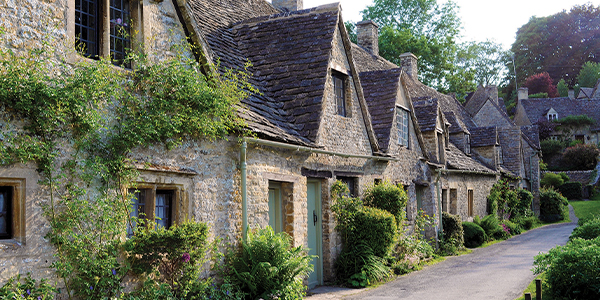
This normally means that the walls of the property should be built of brick, stone or concrete and the roof should be of pitched slate or tile construction. Some insurers take different views of standard construction, so it is best to give us an accurate description. Examples of non-standard construction could include cladding on the walls or a thatched roof.
Subsidence / Heave / Landslip
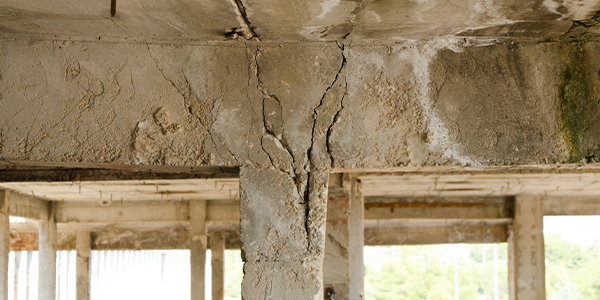
This is the movement of the building due to an unforeseen change in the ground underneath and is normally characterised by stepped cracks in the brickwork. Subsidence claims can often take a while to settle and are normally very expensive for insurers to remedy. It is normal for insurers to apply a £1,000.00 excess for these claims and to apply special terms for properties which have previously suffered from movement.
Sum Insured

The monetary amount which you are covered for. For buildings, this should be the value to replace the building as calculated by your surveyor. With regards to contents, this should be the full replacement value on a new-for-old basis. For collections of fine art, antiques and jewellery, this should be the value as established by an independent expert.
Unoccupied

When a property is left without an occupant during the day (or overnight) or is left insufficiently furnished for day-to-day living, it is said to be unoccupied. Home insurers will recognise that a property may be regularly unoccupied during the day for work and may be unoccupied for short periods to allow for holidays and, therefore, it is normal to allow for the property to be unoccupied for periods of around 30 consecutive days without affecting the cover.
For second homes or holiday homes, longer periods of unoccupancy may be allowed and it will be understood that the property is regularly unattended. In any case, it is important to ensure that all security is in full and effective order to minimise the risk of theft and/or malicious damage and to ensure that any heating requirements are complied with during autumn and winter months to reduce the risk of a burst pipe.
If you have any questions about your insurance policy, our insurance jargon buster guide, or what insurance would be best suited to you, please get in touch by calling 01306 740 555 or emailing us at info@anthonywakefield.com
